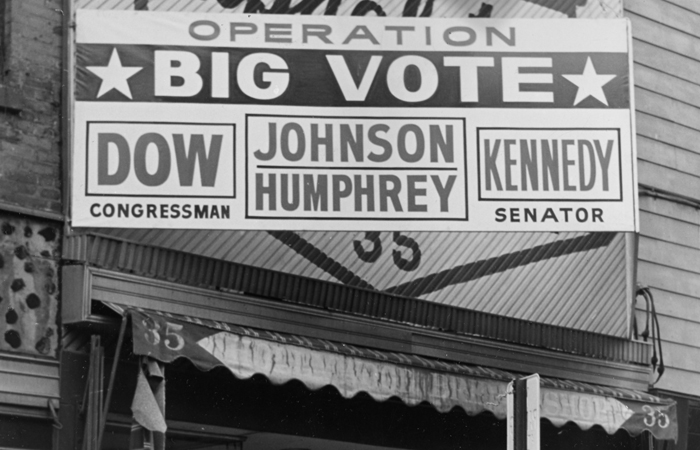Collections : [New York State Modern Political Archive]
New York State Modern Political Archive
Elected officials, interest groups, and activists from New York State.
Search Constraints
Start Over You searched for: Collecting Area New York State Modern Political Archive Remove constraint Collecting Area: New York State Modern Political Archive Collection New York State Public Employees Federation, AFL-CIO, Environmental Conservation Division 169 (PEF/ENCON) Records, 1975-2000 Remove constraint Collection: New York State Public Employees Federation, AFL-CIO, Environmental Conservation Division 169 (PEF/ENCON) Records, 1975-2000Search Results
Executive Board, 1978-2000 3.9 cubic ft.
The bulk of this series consists of executive board meeting kits, which contain all material furnished to board members in advance of a scheduled meeting. This material usually includes a proposed agenda and minutes from the previous meeting for approval. Also included are correspondence and memos related to the meeting and to issues on the proposed agenda, as well as committee reports addressed to the president and executive board. Materials that were sometimes included are policy documents, financial documents and drafts of proposed annual budgets, and ethics grievance petitions. The Executive Board could choose to hear appeals of cases that had been previously decided by the Ethics Committee. A few folders contain handwritten notes taken at the meetings.
